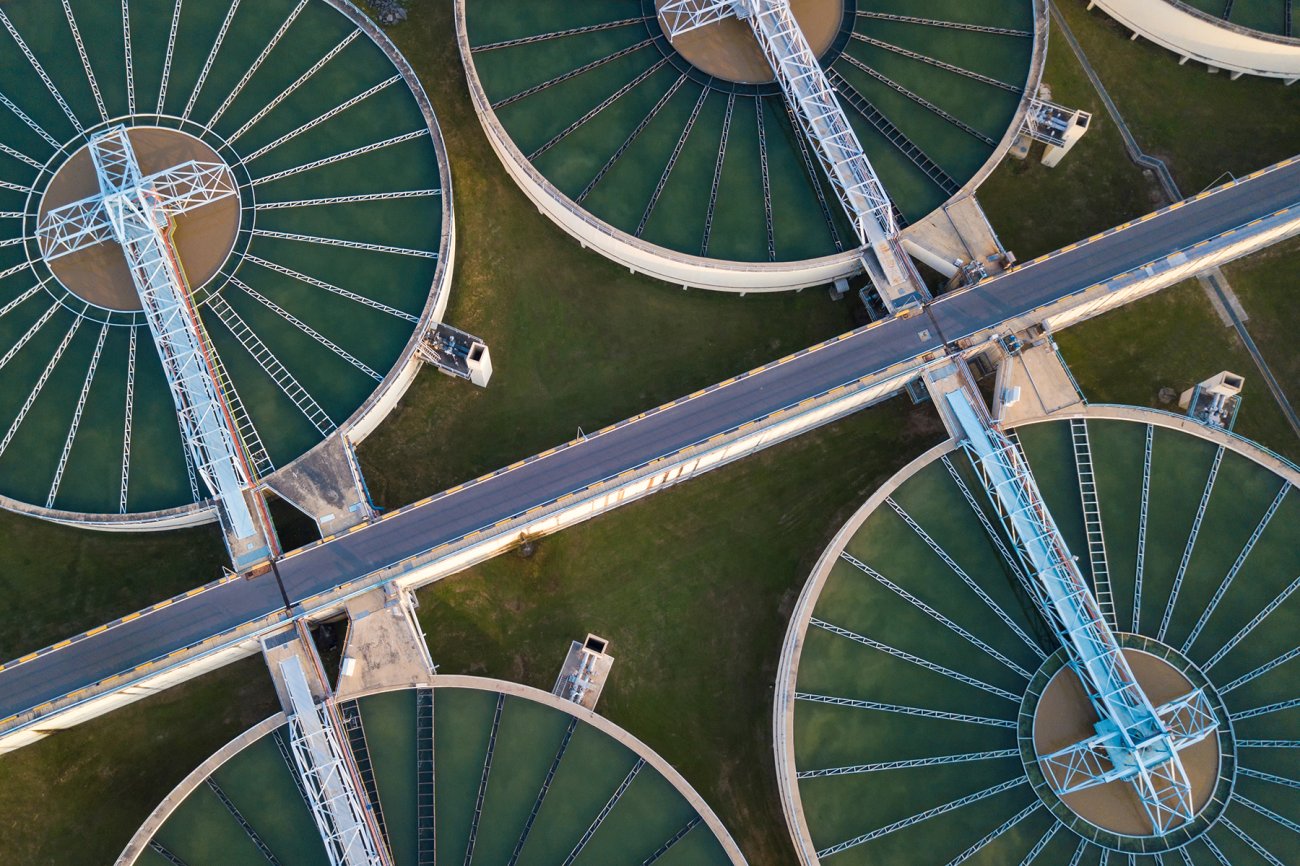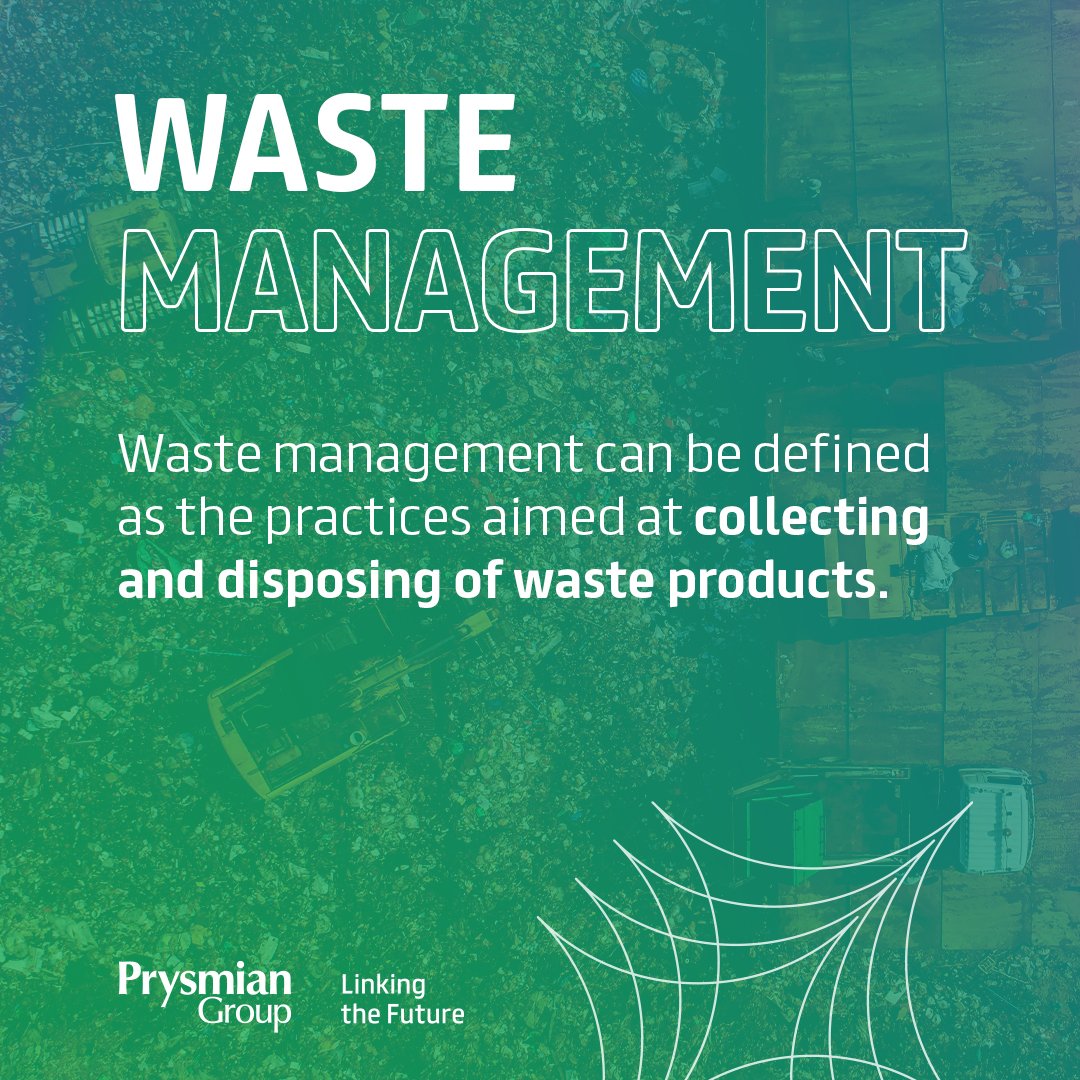The smart Trick of Reclaim Waste That Nobody is Talking About
Wiki Article
Reclaim Waste for Dummies
Table of ContentsExcitement About Reclaim WasteRumored Buzz on Reclaim WasteFascination About Reclaim WasteUnknown Facts About Reclaim WasteAll about Reclaim Waste
Explore the kinds, events, and forms of liquid waste. Domestic sewage waste refers to the waste and products from a residential septic tank. This sort of waste is produced by human beings in homes, schools, and various other buildings. This only consists of septic systems that have a drain area. The appropriate administration and disposal of domestic sewage waste call for fluid waste to be transferred to a sewer therapy plant where the appropriate methods and tools are put on detoxify and dispose of waste.
Business waste often includes prospective risks, such as flammable products or a combination of liquid and strong waste products, and calls for an extra innovative and thorough disposal procedure. The disposal of industrial waste normally includes the filtration of waste before transport to make certain secure and proper disposal. Hazardous waste is created from by-products and overflow of industrial procedures and production.
This sort of waste can not utilize the same sewage monitoring transportation or processes as septic or business fluids. The hazardous waste management procedure needs the evaluation and screening of fluid waste prior to it undergoes the disposal procedure (liquid waste removal melbourne). Runoff waste is the liquid waste that comes from runoff and excess stormwater in highly booming areas or cities
Overflow waste can cause contamination and flooding otherwise managed appropriately. Find out more regarding drain cleansing and waste administration. Ensuring correct waste management can avoid disasters and lower ecological damage. Both individuals in residential settings and experts in industrial or production sectors can take advantage of comprehending the processes and policies of liquid waste administration.
5 Simple Techniques For Reclaim Waste
Get in touch with PROS Services today to discover our waste management and disposal solutions and the appropriate ways to look after the liquid waste you create.(http://tupalo.com/en/users/7813759)This supposed 'wastewater' is not just an important source but, after therapy, will certainly be launched to our land, rivers or the ocean. Used water from toilets, showers, bathrooms, cooking area sinks, washings and industrial procedures is known as wastewater.

water used to cool down machinery or clean plant and devices). Stormwater, a type of wastewater, is runoff that streams from agricultural and metropolitan locations such as roofing systems, parks, yards, roadways, paths and gutters into stormwater drains, after rain. Stormwater moves untreated straight to local creeks or rivers, eventually getting to the ocean.
The Main Principles Of Reclaim Waste
In Queensland, a lot of wastewater is dealt with at sewer treatment plants. Wastewater is delivered from residential or industrial websites with a system of drains and pump terminals, recognized as sewage reticulation, to a sewage therapy plant.The Department of Natural Resources suggests local federal governments about managing, operating and maintaining sewerage systems and therapy plants. In unsewered areas, city governments may need homeowners to install specific or home sewage therapy systems to treat residential wastewater from bathrooms, kitchens, restrooms and laundries. The Department of Natural Resources authorizes making use of home systems when they are proven to be reliable.
Most stormwater receives no therapy. In some new subdivisions, therapy of some stormwater to remove trash, sand and gravel has begun utilizing gross pollutant catches. Wastewater treatment happens in four phases: Gets rid of solid issue. Bigger solids, such as plastics and other items wrongly discharged to sewage systems, are eliminated when wastewater is travelled through screens.
Wastewater after that flows right into huge storage tanks where solids work out and are eliminated as sludge. Grease and scum are skimmed from the surface area. Utilizes tiny living organisms called micro-organisms to damage down and remove continuing to be liquified wastes and great bits. Micro-organisms and wastes are included in the sludge. Eliminates nitrogen and phosphorus nutrients that could cause algal blooms in our waterways and threaten aquatic life.
Facts About Reclaim Waste Uncovered
Nutrient elimination is not available at all sewer therapy plants since it calls for expensive specialised devices. Clear liquid effluent produced after treatment might still have disease-causing micro-organisms - liquid waste removal melbourne.
The majority of wastewater moves right into the sewerage system. Under the Act, neighborhood federal governments administer authorizations and licences for eco relevant activities (Periods) involving wastewater releases that may have a regional effect.
The Best Guide To Reclaim Waste
Surveillance gives factual information regarding water top quality and can verify that permit conditions are being met. The information gotten via monitoring offers the basis for making water quality decisions.Report this wiki page